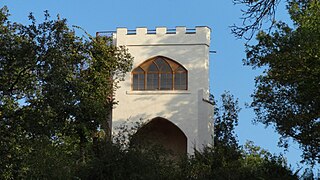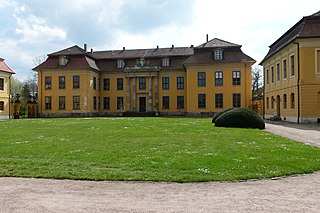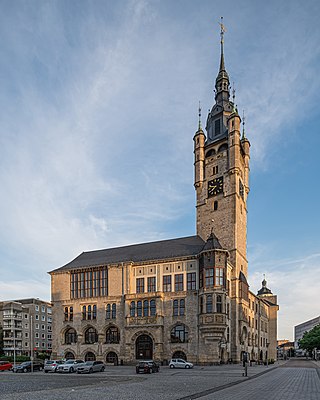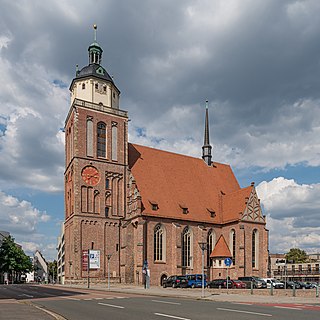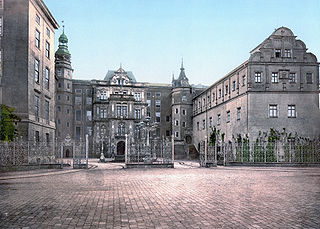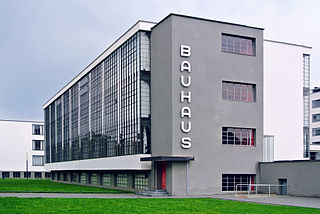9 Sights in Dessau-Roßlau, Germany (with Map and Images)
Legend
Welcome to your journey through the most beautiful sights in Dessau-Roßlau, Germany! Whether you want to discover the city's historical treasures or experience its modern highlights, you'll find everything your heart desires here. Be inspired by our selection and plan your unforgettable adventure in Dessau-Roßlau. Dive into the diversity of this fascinating city and discover everything it has to offer.
1. Wallwitzburg
The Wallwitzburg is a miniature castle built towards the end of the 18th century in the form of a medieval castle remains. The artificial ruin is located in the Beckerbruch of the Georgium Landscape Park in the Ziebigk district of Dessau-Roßlau.
2. Schloss Mosigkau
Schloss Mosigkau is a castle in Dessau-Roßlau in Saxony-Anhalt, Germany. It was built as a rococo castle in the years 1752 to 1757 in the heart of the village of Mosigkau, eight kilometres southwest of Dessau, as a summer residence. It is one of the last completely preserved rococo ensembles in Central Germany. His park is part of the UNESCO World Heritage Garden Kingdom of Dessau-Wörlitz. Special exhibitions and concerts take place regularly in the Museum Schloss Mosigkau and in the Orangery.
3. Schiffbau- und Schifffahrtsmuseum Roßlau
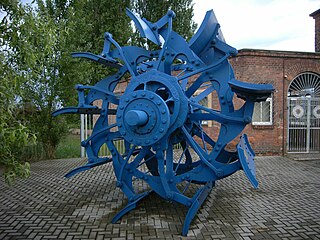
The company, founded in 1844 as Gebrüder Sachsenberg, was a mechanical engineering and later shipbuilding company that had a significant influence on the industrialization of the city of Roßlau. In 1945, after the complete dismantling and founding of the GDR, the name was changed to VEB Elbe-Werk and VEB Roßlauer Schiffswerft and in 1994 the name was changed to RSW Roßlauer Schiffswerft GmbH & Co. KG. The RSW Roßlauer Schiffswerft is now part of the Heinrich Rönner Group.
4. Rathaus
The Dessau Town Hall is a landmark of the city of Dessau-Roßlau built from 1898 to 1901 according to plans by the Charlottenburg architects Reinhardt and Süßenguth and the seat of the city administration.
5. Marienkirche
St. Mary's Church is an originally Catholic, since 1534 Protestant sacred building in the center of the city of Dessau-Roßlau in Saxony-Anhalt, which today serves as an event center. It was destroyed in the air raids on Dessau in March 1945 and was not rebuilt until the 1990s. In the past, St. Mary's was the castle and city church.
6. Junkers Paddelgemeinschaft
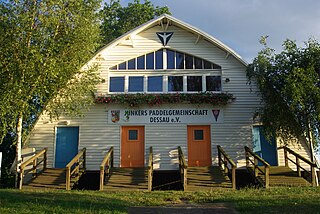
The boathouse in Leopoldshafen is a listed boathouse with a pointed arch roof in the district of Ziebigk in the city of Dessau-Roßlau. The steel slat construction used in the construction was developed by the company Junkers-Stahlbau around 1920 and patented in 1928. With this construction, which was also used in aircraft wing construction, large halls could be spanned.
7. Johannbau
The Dessau Palace in Dessau in the German state of Saxony-Anhalt was a princely palace which mostly served as the main residence of the princes of Anhalt-Dessau and later the Dukes of Anhalt. The palace was one of the first renaissance buildings in the middle of Germany. Today, there is only one wing remaining, the Johannbau, which offers room to the City History Museum of Dessau.
8. Schloss Luisium
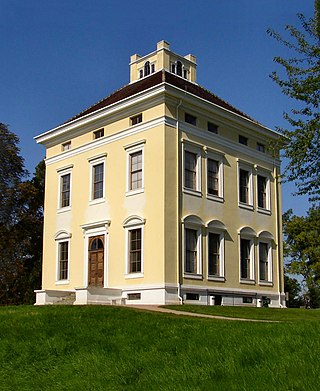
Luisium is a palace and landscape garden in Dessau-Roßlau, Germany. It is a part of Dessau-Wörlitz Garden Realm, a UNESCO World Heritage Site. In 1774 work started on a small palace in the style of an English country house, which Leopold III, Duke of Anhalt-Dessau built for his wife Margravine Louise of Brandenburg-Schwedt, thus the name Luisium.
9. Bauhaussiedlung Törten
The Bauhaus Building Dessau, or Bauhaus Dessau for short, is the former school building of the State Bauhaus in Dessau. It was designed by Walter Gropius in 1925 and built between 1925 and 1926 for the Bauhaus, which had previously been located in Weimar, and for the Dessau School of Arts and Crafts. Just as in the Masters' Houses in the immediate vicinity and planned and built at the same time, the Bauhaus was able to programmatically realise its architectural and artistic ideas with these new buildings. The building is considered a pioneer in the development of modern architecture and is one of the most famous examples of modern architecture of the interwar period.
Share
How likely are you to recommend us?
Disclaimer Please be aware of your surroundings and do not enter private property. We are not liable for any damages that occur during the tours.
